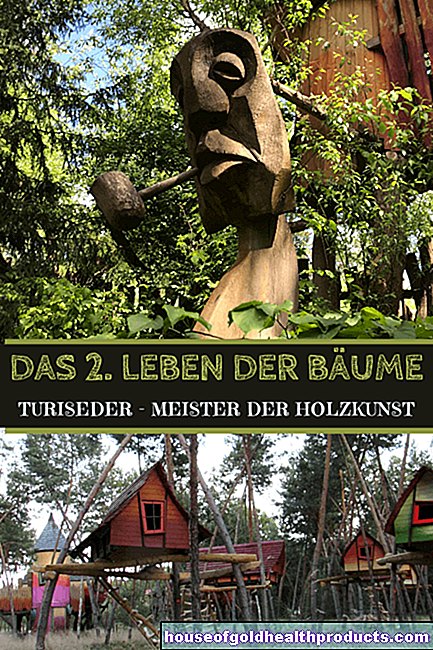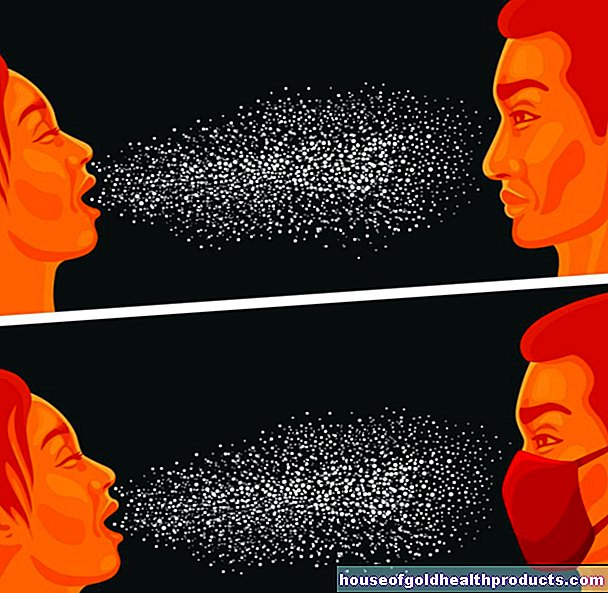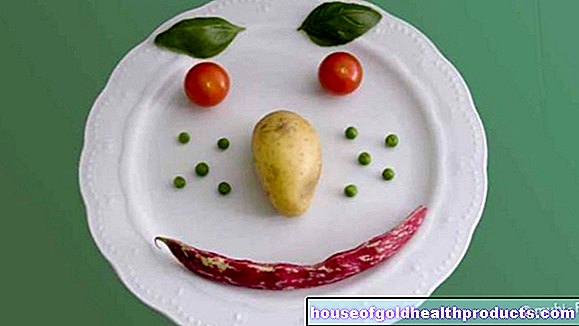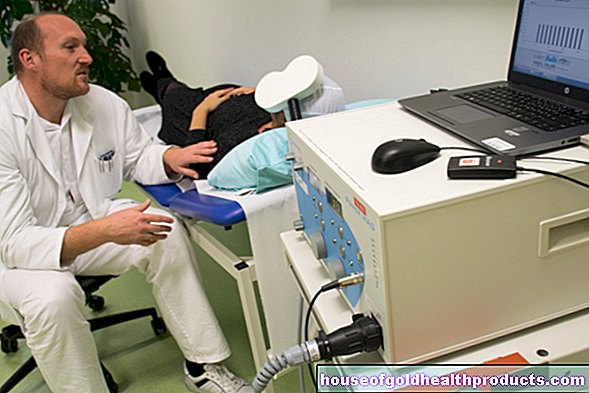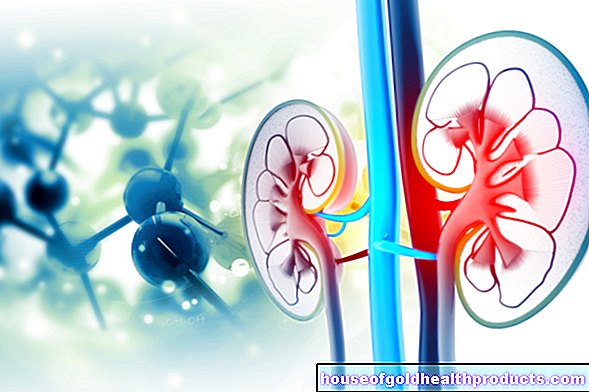"Feast and enjoy!"
All content is checked by medical journalists.Anyone diagnosed with cancer clings to every straw that promises a cure. For example, special diets are supposed to starve the cancer cells. Dr. Diana Rubin * in a interview.

Dr. med. Diana Rubin
* Dr. med. Diana Rubin is a senior physician at the Evangelical Geriatric Center in Berlin. At the 10th Berlin Cancer Congress she gave a workshop on "Nutrition - the 10 most common legends".
Ms. Rubin, the book “Cancer cells don't like raspberries” became a bestseller. It describes which foods work against cancer, and now you say there is nothing to all of the nutrition tips for cancer patients.
A distinction has to be made between cancer prevention and cancer therapy. Everyone can prevent cancer through a healthy diet, but unfortunately there is no special diet against the disease.
Aren't there a lot of scientific studies that prove the interaction between cancer and certain foods or diets?
Yes, but they are of limited informative value. Most of these studies were not carried out on humans, but on animals or cell cultures. It is correct: There are indications that certain foods prevent cancer cells from growing there. But we cannot simply transfer that to humans. That doesn't mean that there isn't a specific food ingredient that could help - but we don't know about it yet.
The so-called ketogenic diet eliminates carbohydrates because the cancer cells supposedly feed on them. There are also studies with people.
It is true that two studies with cancer patients have now been carried out here. But the number of cases was too small to really be able to say whether the diet helped or not - once 20, once only 16 people were examined. Many of them broke off because it is difficult to eat without potatoes, bread and the like for a long time. And in the end, there was no clear positive effect with the ketogenic diet compared to a control group that ate normally. In addition, it is now known that tumors can also metabolize fatty acids or lactic acid.
With alkaline fasting, you eat foods such as fruit and vegetables, but also cream or raw milk. This supposedly counteracts over-acidification of the body and detoxifies.
Anyone who has a tumor should not fast. This weakens the body and, under certain circumstances, reduces the success of the therapy. In addition, the pH value of the blood cannot be influenced by diet; it is strictly regulated by the kidneys and liver. Raw milk can have fatal consequences for chemotherapy patients, as the body's immune system is weakened and the bacteria in the milk can lead to an infection or even blood poisoning.
They think it is dangerous for cancer patients to go on a special diet. But doesn't the feeling of being able to do something concrete against the disease build up yourself?
Yes, definitely. That is also the reason why such books are so popular. Anyone who has a serious illness feels helpless and of course would like to control it somehow. Diet is a popular way of doing this. This can also have a placebo effect. Cancer patients who want to change their diet should by no means do this on their own, but rather talk to an expert about it. It is also important to be careful not to lose weight in the process. Because this means that the cancer therapy may be less well tolerated.
Sugar, pork, potatoes, tomatoes and coffee - is there a black list for cancer patients?
No, it does not exist. Everything is allowed in moderation. As for a healthy person.
Why do you advise caution with supplements such as vitamin C or E?
Because in the worst case they can influence the success of chemotherapy. They counteract oxidation processes in the body - but that is exactly what is wanted in cancer therapy. In addition, dietary supplements are not absolutely necessary because we get everything the body needs with a normal diet. It looks different if the patient eats little. It is common for those affected to suffer from loss of appetite, nausea, or vomiting during therapy. Then it can make sense to take a multivitamin supplement to counteract the deficiency. But this should only be done in consultation with a doctor.
Countless nutritional and behavioral advice pours down on cancer patients - everyone knows better. How should one behave as a victim?
In no case should you let others confuse you. If you have any doubts, you should consult a qualified nutritionist, nutritionist or cancer doctor. I think you just have to use common sense and listen to what you want.
So a juicy raspberry every now and then?
Sure, if it tastes good. I would even say: feast and enjoy! And move on. Unlike many diets, it is scientifically proven that exercise helps cancer patients to overcome the disease.
Miss Dr. Rubin, thank you for talking to us.
Tags: digital health palliative medicine alternative medicine
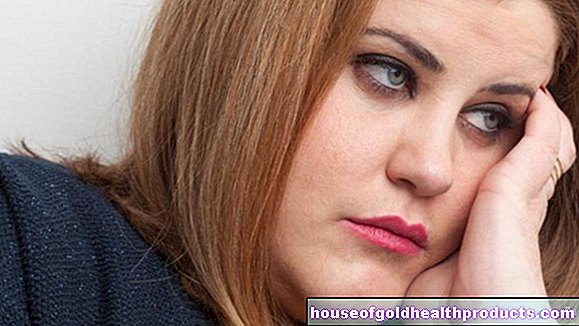

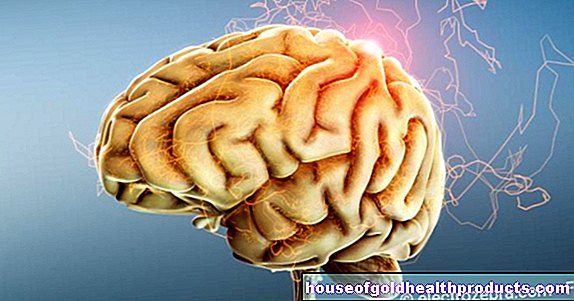

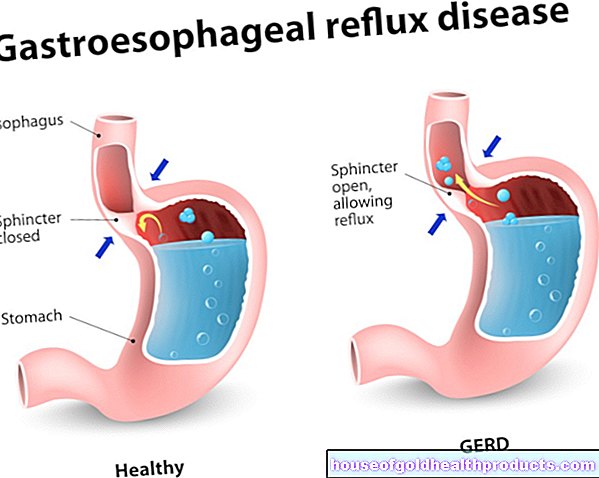
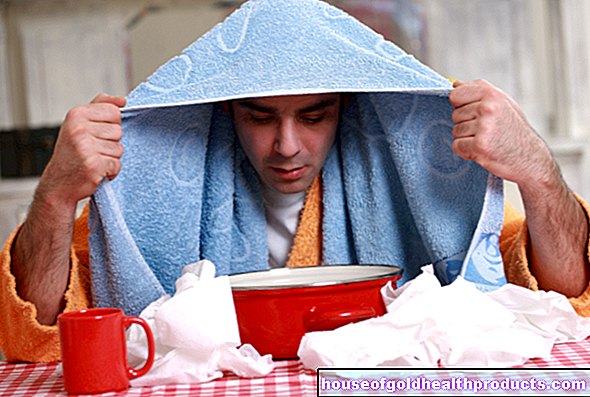
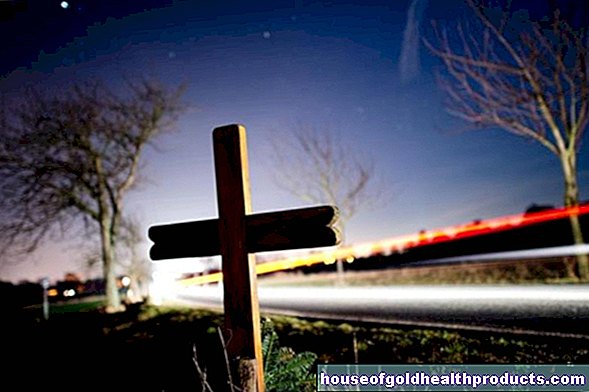
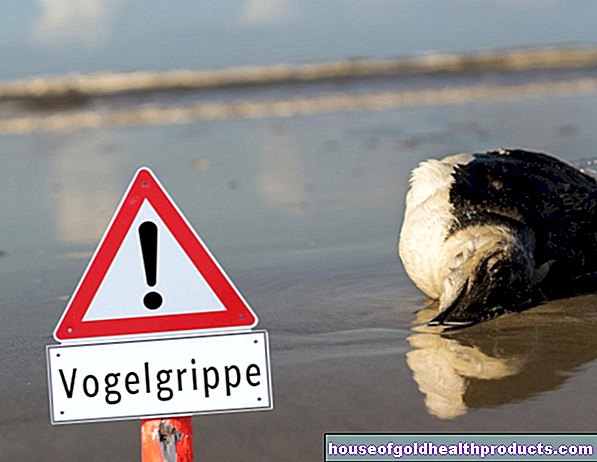

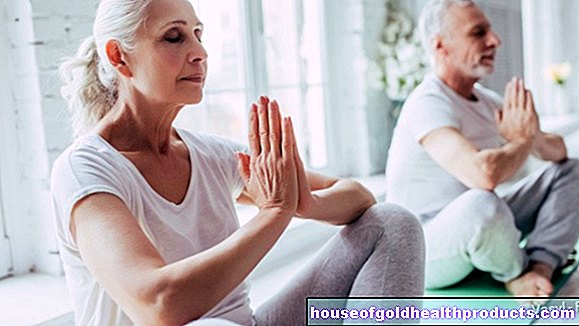
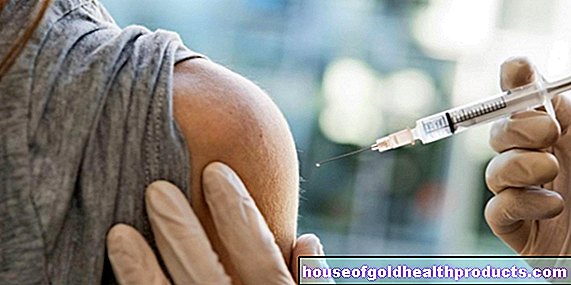
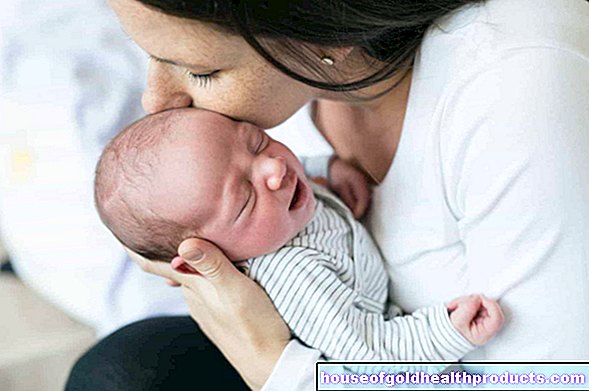
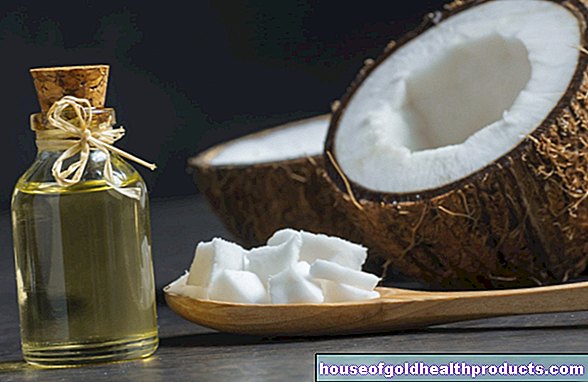

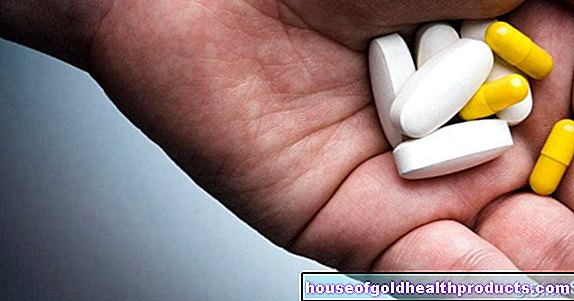
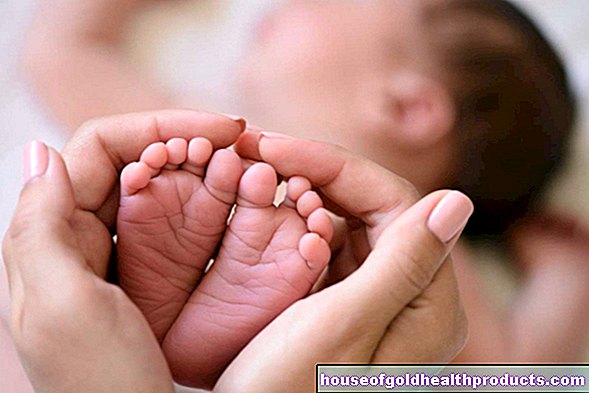
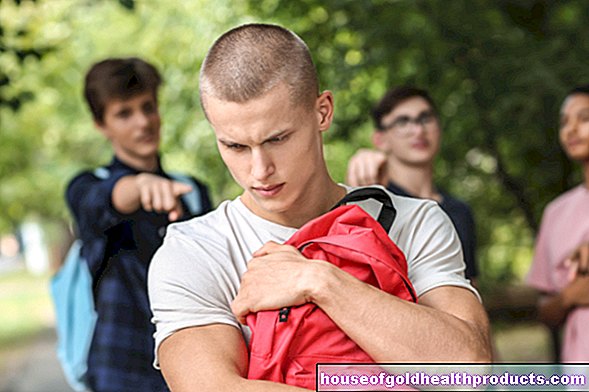
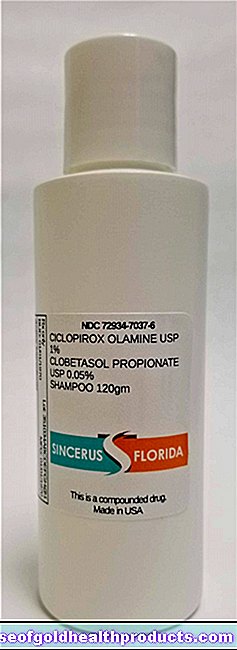
.jpg)
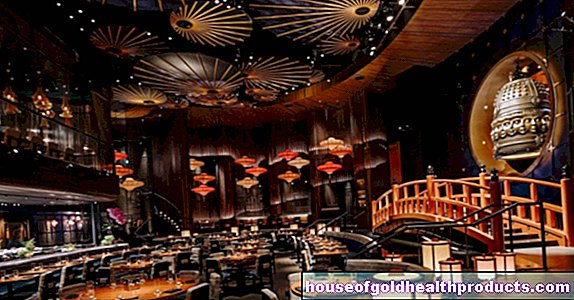
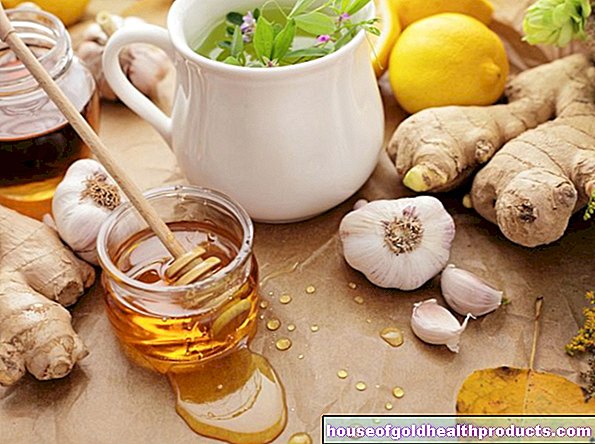
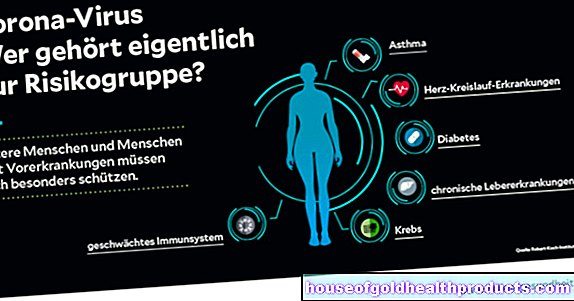

.jpg)

